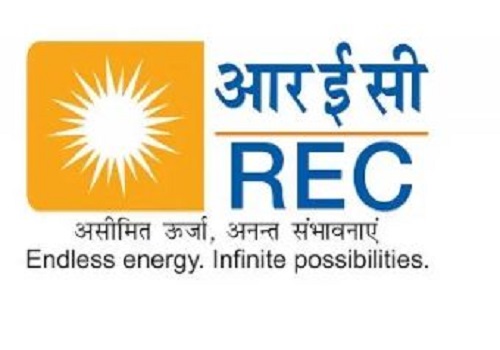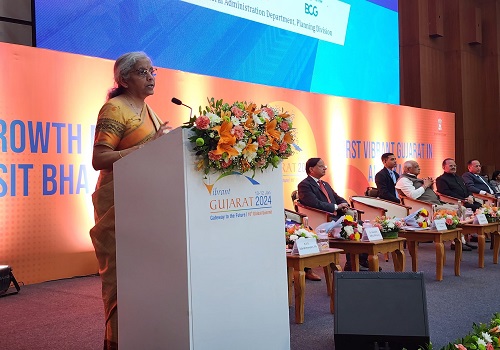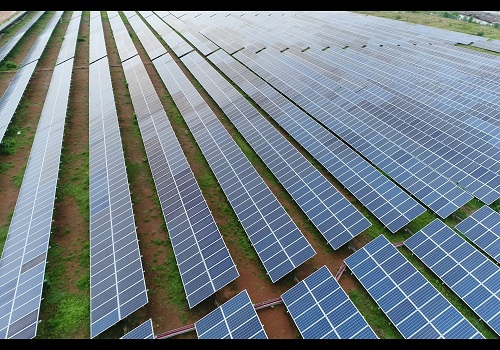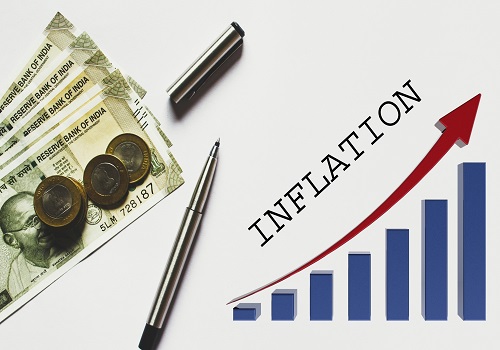Recoveries from stressed operational thermal plants to improve by 9 pc in next fiscal
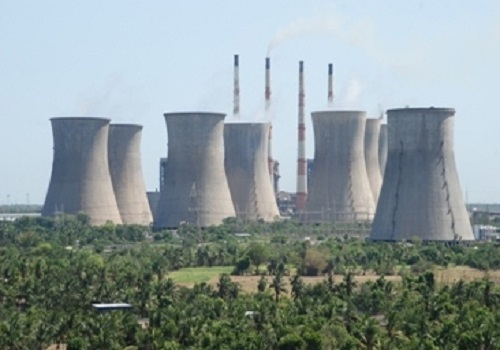
For asset reconstruction companies (ARCs), the cumulative recovery rate for stressed operational thermal power plants (TPPs) is set to improve 700-900 basis points (bps) on-year to 83-85 per cent next fiscal due to robust growth in power consumption, a report said on Monday.
"Increase in the recovery will be driven by higher power demand on the back of adequate coal availability, timely payment by distribution companies (discoms) and expected healthy merchant power prices," CRISIL Ratings said in a report.
These industry tailwinds are not only supporting faster resolutions but may also aid the resolution of about 5 GW of stressed TPPs over the next 2 fiscals, it said.
Power consumption is expected to rise 6-7 per cent in FY 2024-25, driven by strong demand from the commercial and industrial (C&I) segments, and growing urbanisation.
The report said: "Government initiatives had improved coal availability for TPPs by 8.8 per cent in FY 2023-24, leading to healthy coal stock with the TPPs. This trend is likely to sustain with a ramp-up in coal production and improved evacuation infrastructure."
Mohit Makhija, Senior Director, CRISIL Ratings, said: "The trend is likely to continue. Operating performance and cash flows of stressed operational TPPs will strengthen this fiscal. Additionally, timely realisations from discoms will also improve the liquidity position. The receivables position of thermal plants rated by us has already improved to 185 days as on March 31, 2024, from 200 days a year earlier."
As much as 5 GW of thermal capacity with more than Rs 50,000 crore debt from secured creditors awaits resolution under the Insolvency and Bankruptcy Code. These capacities experienced stress during 2018-2019 owing to a multitude of factors such as over-leverage, implementation delays and lack of power purchase agreements (PPAs).









